The heroes of ancient Greece, Odysseus and Achilles, have long been celebrated for their remarkable exploits and distinct personalities. As legendary figures of the Trojan War and the epic poems, “The Iliad” and “The Odyssey,” they each stand out in their own right. In this exploration, we uncover the 15 key differences between Odysseus and Achilles, shedding light on their contrasting qualities and legacies.
Difference 1: Origins and Lineage
Odysseus: The Cunning Strategist
Odysseus, known for his wit and cunning, was the son of Laertes and Anticlea. His lineage is rooted in Ithaca, a kingdom known for its strategic thinkers and diplomats. Odysseus’s craftiness and resourcefulness are well-established.
Achilles: The Invincible Warrior
Achilles, on the other hand, was the son of Thetis and Peleus. Born into the Myrmidon tribe, he possessed unparalleled physical prowess. His mother, Thetis, was a sea nymph who ensured his invincibility, with the exception of his heel.
Nuance: Odysseus is renowned for his intellect, while Achilles is celebrated for his physical strength.
Difference 2: Physical Attributes
Odysseus: The Astute and Agile
Odysseus is often depicted as a man of average physical strength. His agility and dexterity, however, set him apart. His physical attributes are not extraordinary, but his sharp mind compensates for this.
Achilles: The Supreme Warrior
Achilles’s physical prowess is legendary. His speed, strength, and combat skills make him the epitome of a Greek hero. He is virtually unbeatable in battle, except for his vulnerable heel.
Nuance: Odysseus relies on agility and intelligence, while Achilles dominates with physical might.
Difference 3: Motivation for War
Odysseus: Duty and Loyalty
Odysseus’s involvement in the Trojan War is primarily driven by duty and loyalty to his homeland, Ithaca. He is dedicated to defending his kingdom and king, Agamemnon.
Achilles: Personal Glory and Revenge
Achilles’s motivation is rooted in personal glory and a desire for revenge against Hector, the Trojan prince who killed his close friend, Patroclus. His actions are more self-centered.
Nuance: Odysseus fights for duty and loyalty, while Achilles seeks personal glory and vengeance.
Difference 4: Leadership Style
Odysseus: The Shrewd Tactician
Odysseus’s leadership is marked by cunning strategy and intellect. He excels in the art of diplomacy and subterfuge, using his wits to lead his men.
Achilles: The Fierce Warrior
Achilles, in contrast, leads through sheer force and combat prowess. He is an inspiring figure on the battlefield, but his leadership style lacks the subtlety of Odysseus.
Nuance: Odysseus relies on strategy and intellect, while Achilles leads with brute force.
Difference 5: Relationship with the Gods
Odysseus: Favored by Athena
Odysseus enjoys the favor of the goddess Athena, who assists him in his adventures. Her guidance and protection are instrumental in his journey.
Achilles: Immortal Mother, Divine Ancestry
Achilles’s mother, Thetis, is a sea nymph, making him semi-divine. His lineage connects him to the gods, but he lacks a direct, protective relationship like Odysseus and Athena.
Nuance: Odysseus has a direct, protective relationship with a deity, while Achilles has divine ancestry.
Difference 6: Personal Code of Conduct
Odysseus: Pragmatism and Survival
Odysseus is known for his pragmatism and a strong desire for survival. He employs cunning and deceit when necessary to achieve his goals.
Achilles: Honor and Valor
Achilles adheres to a strict code of honor and valor. He is guided by a sense of glory and respect on the battlefield.
Nuance: Odysseus is pragmatic and willing to employ deceit, while Achilles is unwavering in his pursuit of honor.
Difference 7: Presence in Epic Poems
Odysseus: “The Odyssey”
Odysseus is the central character in Homer’s epic poem, “The Odyssey.” The narrative follows his adventures on his long journey home after the Trojan War.
Achilles: “The Iliad”
Achilles takes the spotlight in Homer’s “The Iliad,” which revolves around the events of the Trojan War. His anger and exploits are central to the story.
Nuance: Odysseus is the focus of “The Odyssey,” while Achilles is the central figure in “The Iliad.”
Difference 8: Relationship with Women
Odysseus: Faithful to Penelope
Odysseus remains faithful to his wife, Penelope, throughout his long journey. His unwavering love for her is a prominent theme in “The Odyssey.”
Achilles: Complex Romantic Life
Achilles’s romantic life is more complex, featuring relationships with Deidamia and Briseis, among others. His character is not defined by fidelity to one woman.
Nuance: Odysseus is known for his fidelity to Penelope, while Achilles’s romantic life is more multifaceted.
Difference 9: Role in the Trojan War
Odysseus: The Strategist and Diplomat
During the Trojan War, Odysseus is celebrated for his strategic brilliance, particularly in the conception of the Trojan Horse, which led to the fall of Troy.
Achilles: The Indomitable Warrior
Achilles’s role in the war is that of a formidable warrior whose feats on the battlefield are legendary. His rage and might are central to the conflict.
Nuance: Odysseus plays a strategic role, while Achilles is a dominant warrior.
Difference 10: Legacy and Afterlife
Odysseus: A Hero’s Return
Odysseus’s legacy is marked by his triumphant return to Ithaca and his eventual place in the Elysian Fields, a paradise for heroes in Greek mythology.
Achilles: Immortal Fame
Achilles’s legacy lives on through his undying fame and reputation. His story continues in the afterlife, where he remains celebrated.
Nuance: Odysseus’s legacy is linked to his homecoming, while Achilles’s fame transcends death.
Difference 11: Vulnerability
Odysseus: No Physical Weakness
Odysseus lacks a specific physical vulnerability and relies on his intellect to overcome challenges.
Achilles: The Vulnerable Heel
Achilles’s heel, a small but critical weakness, becomes his downfall. It is the one point where he can be harmed.
Nuance: Odysseus has no physical vulnerability, while Achilles’s heel is his Achilles’ heel.
Difference 12: Reaction to Anguish
Odysseus: Resilient and Resourceful
When faced with anguish and adversity, Odysseus demonstrates remarkable resilience and resourcefulness. He navigates challenges with a clever and adaptable mindset, never succumbing to despair.
Achilles: Rage and Grief
Achilles, in the face of anguish, is consumed by a burning rage and grief. His emotions are overpowering, driving him to extremes in his actions and decisions.
Nuance: Odysseus maintains his composure and adaptability, while Achilles’s anguish leads to extreme emotions and actions.
Difference 13: Presence in Art and Literature
Odysseus: Varied Depictions
Odysseus’s character has been depicted in various art forms and literary works, reflecting his multifaceted personality and adventures.
Achilles: Iconic Warrior Imagery
Achilles is often represented as the iconic Greek hero in art and literature, emphasizing his physical prowess and combat skills.
Nuance: Odysseus’s depictions are varied and multifaceted, while Achilles is consistently portrayed as a formidable warrior.
Difference 14: Relationships with Companions
Odysseus: Loyal Companions
Odysseus maintains loyal and enduring relationships with his companions, especially his crew during his voyage home. His leadership fosters camaraderie and trust.
Achilles: Complex Relationships
Achilles’s relationships with his comrades are more complex. His anger and pride strain his bonds with others, particularly Agamemnon.
Nuance: Odysseus fosters loyalty and trust among his companions, while Achilles’s relationships are marked by complexity and conflict.
Difference 15: Personal Transformation
Odysseus: A Journey of Self-Discovery
Odysseus’s epic journey home is also a journey of self-discovery. Through his trials and tribulations, he evolves as a character, gaining wisdom and humility.
Achilles: Tragic Constancy
Achilles’s character remains tragically constant throughout “The Iliad.” His fixation on honor and glory ultimately leads to his untimely death.
Nuance: Odysseus undergoes personal transformation, while Achilles’s character remains consistent.
Conclusion
The tales of Odysseus and Achilles, both legendary heroes of ancient Greece, showcase a multitude of differences that highlight their unique attributes and legacies. Odysseus’s cleverness and versatility stand in contrast to Achilles’s physical prowess and unwavering commitment to honor and glory. Each hero has left an indelible mark on literature, art, and the collective imagination, reflecting the multifaceted nature of heroism in Greek mythology. The enduring fascination with these characters serves as a testament to the enduring appeal of their remarkable stories.
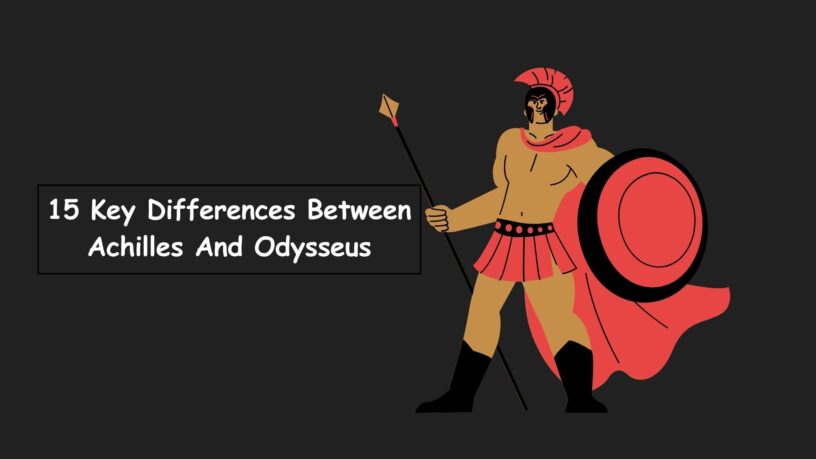
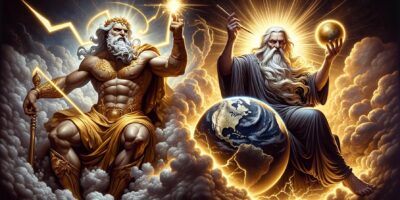
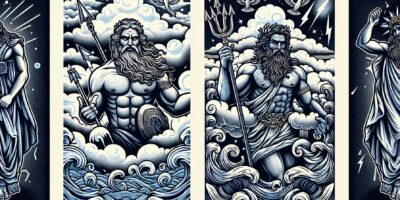
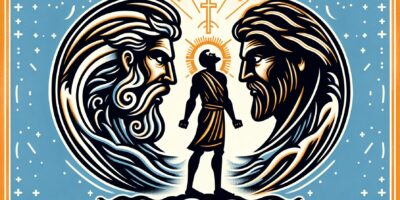
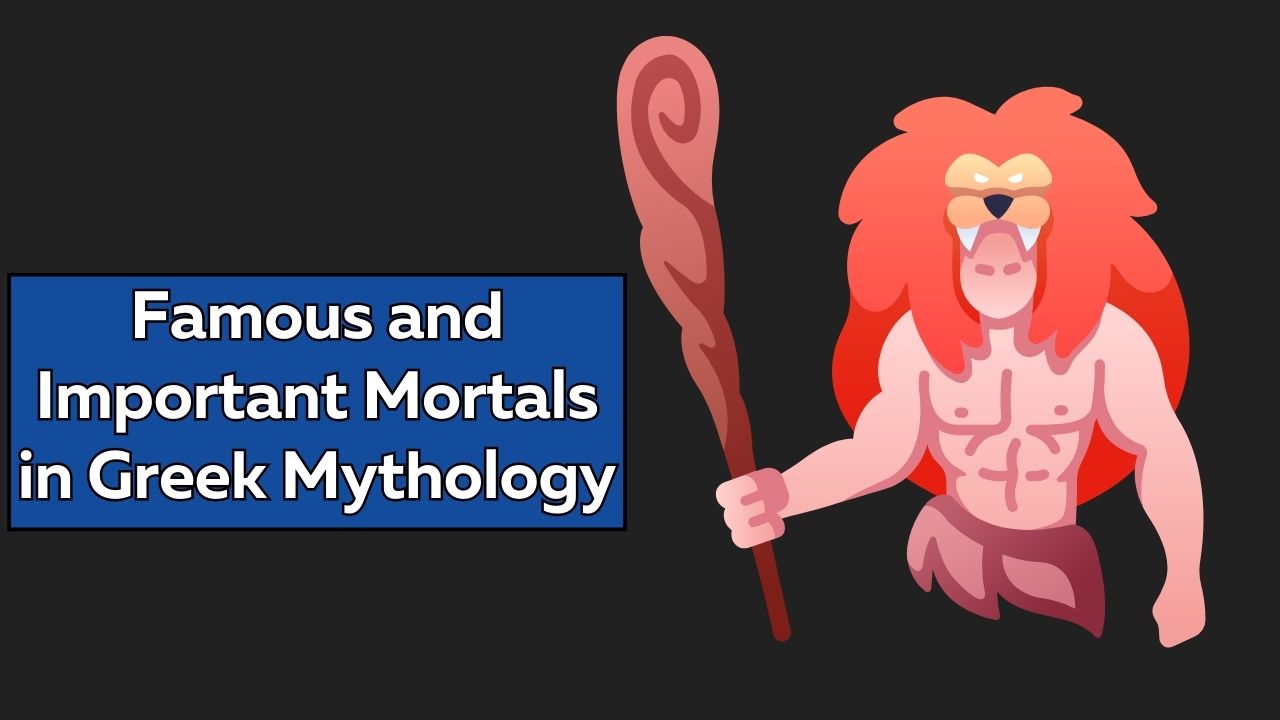


Leave a Reply